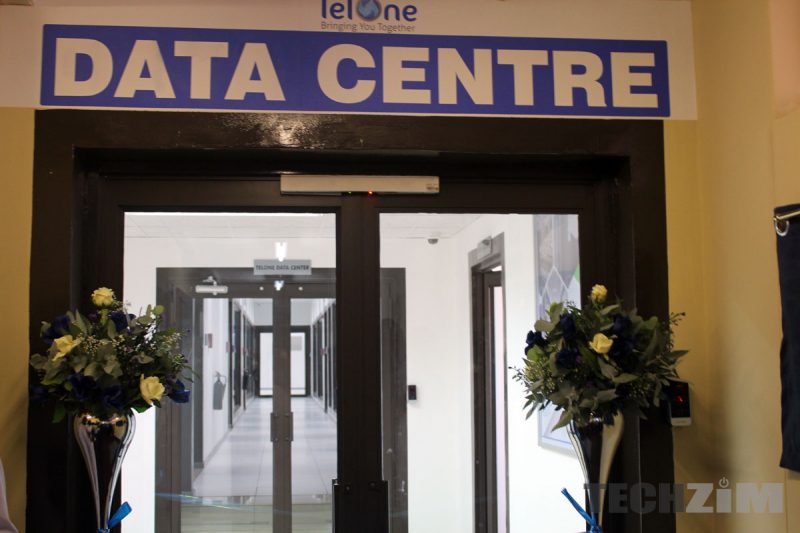The larger a business gets, the more decisions it has to make about what kinds of IT infrastructure it wants to build in-house. There are advantages to developing and doing more on site, but there are some times when outsourcing a particular aspect of the business will help improve efficiency. When you’re dealing with software, choices can affect everyone who works in the supply chain.
Facilities management requires precision and the ability to communicate ideas and data quickly to a variety of sources. It’s a particular type of ability that takes years to hone. As a result, some businesses prefer to develop tools in-house. However, there are important reasons besides the added efficiency.
Decreased Liability
Tools developed in-house get the job done, but may not have gone through the necessary improvements to strengthen security over time. If you’re a large enough entity, you have customer or product data that hackers, want and they’re more than willing to try and steal it from you. Are you completely sure that hackers can’t get to this information?
For many businesses that utilize tools to process work orders or inventory management, the answer is very unnerving.
Outsourcing those tools takes the liability off your plate and puts that sensitive data off-site. Some suites offer flexibility as well, so you can utilize your existing tools with some simple integration, allowing the best of both worlds.
Increased Stability
One aspect of server and application maintenance is uptime. If something goes wrong, and there aren’t people on the clock, then businesses suffer losses as they scramble to hire contractors and deploy fixes while they lose business. For some internal tools, operations could grind to a halt for hours.
Outsourcing these tools offers better stability, because cloud applications are distributed across multiple servers. Essentially, more than one server is used to backup and run your application. The result is near perpetual uptime with very little interruption in service.
Decreased Costs
Server infrastructure is expensive. The CTO has to focus on building good infrastructure, but the CFO is focused on productivity per watt.
The moment you remove your own server infrastructure from the equation, you begin to see a great deal of savings. However, localized servers do have benefits. A server is self-contained, so using one for private email would allow you to essentially keep your messages to yourself. Servers allow for private access to proprietary data as well.
That said, there is ample opportunity to cut costs by reducing the amount of mission critical server infrastructure owned and controlled by your company. The savings in cooling alone would make the move financially viable for companies of a certain size.
Ease of Use
Some outsourced tools go through the benefit of usability tests and are much easier to use as a result. Some software suites may be familiar to employees if they are particularly popular in the industry.
The criteria for judging whether the suite is useful to your business should come first, but the ease of use and customer support is still worth considering.
Final Thoughts
The primary benefit to utilizing in-house tools lies in privacy. There is no other way to guarantee access is limited other than to limit that access, but not every piece of information needs to be so closely guarded.
Outsourcing these services also allows smaller businesses to grow without massive investments in maintaining servers or building out infrastructure. One way to consider this debate is that you begin with the more cost effective approach, outsourcing, and then grow into ownership.

One response
A well-balanced and informative article.